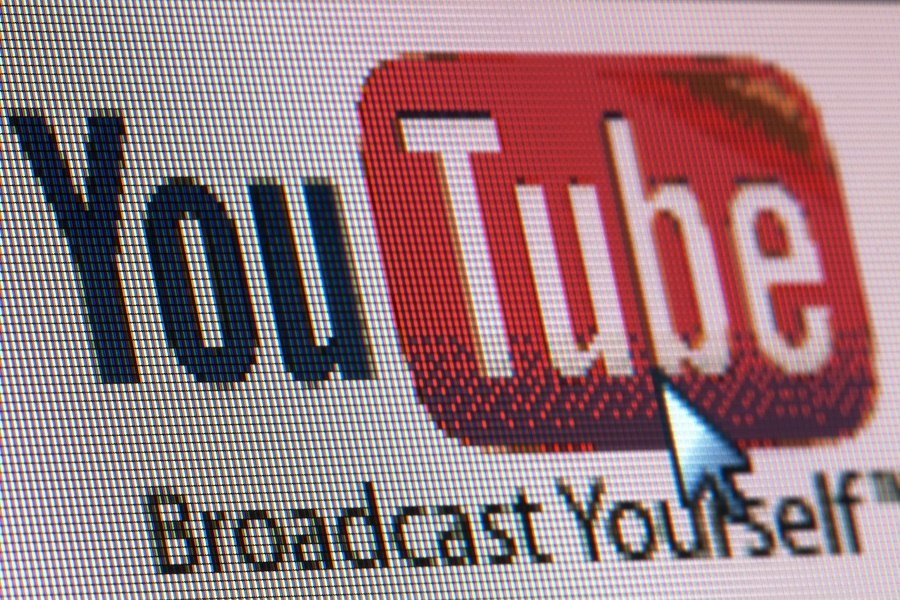
Time to Lift the YouTube Ban in Pakistan?
In September 2012, the Government of Pakistan banned YouTube after the website decided not to remove the controversial online film ‘Innocence of Muslims’. Blocking YouTube altogether left many Pakistanis unhappy, leading to participation in street protests and the use of other social media platforms to share opinions and music videos in an effort to reinstate it.
Following Google’s removal of the film by court order in February 2014, and despite wide-spread rebellion against the full ban of YouTube across the country, the Pakistani Government still deems the video sharing website inappropriate and it is inaccessible to the public at large. To further understand their attitudes towards offensive religious online content, YouGov surveyed the people of Pakistan to reveal their motives for supporting or rebelling against the YouTube ban.
Pakistanis’ perceptions of offensive religious content
Almost half of online respondents (47%), claim media channels should be banned if they run offensive content, followed by 28% who state they should be allowed to operate if they remove (or do not run) offensive content. When questioned further, the majority of online respondents (90%), state media channels should be banned if they run offensive content pertaining to one’s religion. Additionally, a high proportion of online respondents (83%), claim a media ban would be effective to reduce/eliminate offensive content about religion.
Attitudes towards the YouTube ban in Pakistan
Two-thirds (67%) of online respondents claim the decision made by the Pakistani Government to ban YouTube was acceptable, compared to a quarter who state it was not. However, investigating further, 63% of those who agree with the ban, say the Government of Pakistan should block only controversial videos on YouTube (including the film ‘Innocence of Muslims’), while 23% feel YouTube should be banned altogether.
Among online respondents who disagree with the Government’s decision, 37% say they share their opinions online (such as on blogs and social media platforms), 30% post (or share) videos on similar online platforms, while 12% had participated in a street rally to rebel against the ban.
When we asked online respondents what they thought the Government of Pakistan should do next, 57% state the ban should be removed while over a third (36%) feel it should be maintained.
In Their Own Words: Statements from Pakistani panelists reflecting their feelings towards the YouTube ban.
‘Even if blasphemous content exists on YouTube, the ban must be lifted, because those that get offended by the material can just simply not watch that material. YouTube is the most helpful website on the Internet. It contains tutorials, how-to's, tips. It contains lectures for students.’
‘YouTube should be used for entertainment and knowledge purposes. Culture, religion and personal issues should be banned (to be uploaded on it).’
‘Free media is a matter of pride, but it should not cross religious, ethnic and other boundaries. A code of conduct should be applied.’
‘Everyone should respect one's religion and must avoid such things which create disturbance among people. It's basic responsibility of the media not to promote such material and discourage the people who make such films.’
‘Banning YouTube altogether will deprive users from benefiting from other 'good material' that YouTube may be providing.’
The survey was conducted using the YouGov Online Panel between 17-20 March 2014. The results are based on a total sample of 1,016 respondents currently living in Pakistan. The YouGov panel is broadly representative of the online population within Pakistan.